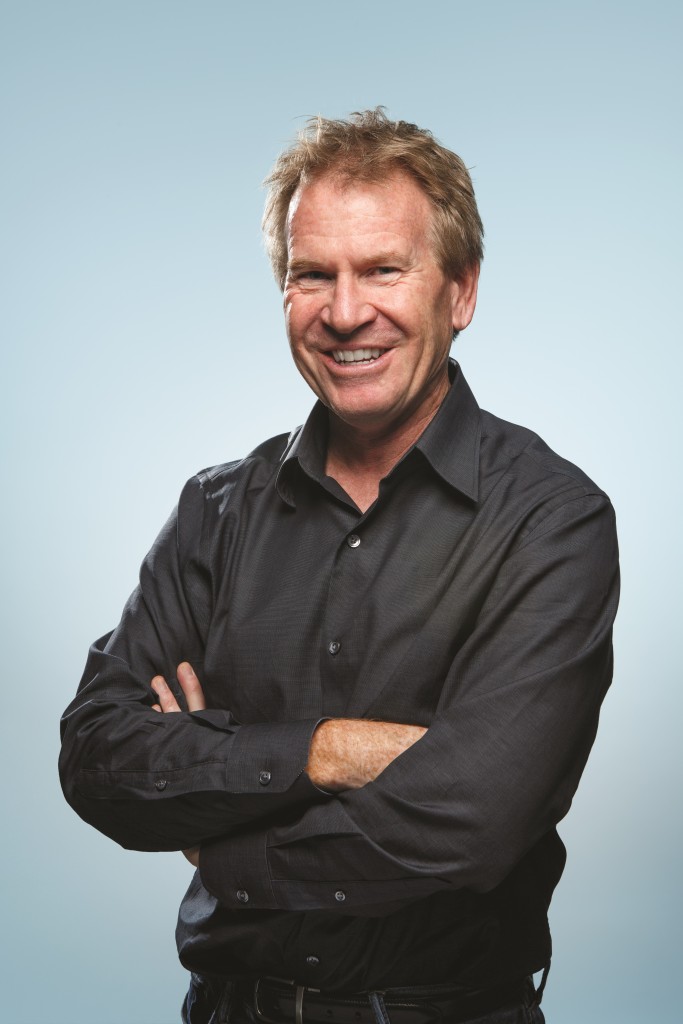Working in Colorado’s Professional Sports Industry is Not as Glamorous as You Think
Insights from top executives in Colorado's professional sports industry suggest this business is much more complicated than you'd imagine.
Stewart Schley //December 23, 2023//


Working in Colorado’s Professional Sports Industry is Not as Glamorous as You Think
Insights from top executives in Colorado's professional sports industry suggest this business is much more complicated than you'd imagine.
Stewart Schley //December 23, 2023//
Want a career in the business side of sports? Better stock up on sleep.
You’re likely to need it, given the demand for long days, hard work and little respite from the grind even during the off-season. In other words: maybe not so terribly different from your current job. So, a pro-tip: Before you hit “send” on your application, it may be worth taking these words into account.
READ: The Messi Effect — How One Player is Drastically Changing the Global Sports Media Industry
“Sports is a business.” — Matt Hutchings, executive VP and chief operating officer, Kroenke Sports and Entertainment
“We have a P&L, and have to operate as such.” — Damani Leech, president, Denver Broncos Football Club
“Sports is not for everybody.” — Greg Feasel, president and chief operating officer, Colorado Rockies
The three executives took the stage not long ago at the Denver Museum of Nature and Science to talk about their careers in the sports business. A major takeaway from the discussion presented by the Colorado Business Roundtable revolved around commitment: Those who enter the profession need plenty of internal drive.
Exhibit A: The work hours
Denver Nuggets fans who head home after the final buzzer probably don’t realize there are plenty of people still on the job. We’re not only talking about hourly laborers who sweep up debris and toss out beer cups. The top dogs routinely keep the office lights on, too. Feasel, who was named president of the Rockies three years ago after more than a decade as chief operating officer, said his typical in-season workday runs from the early morning to well after midnight, at least on game days.
Exhibit B: A relentless customer-first mentality
“Our fans are our customers. That’s who we work for every day,” said Hutchings. Attentiveness to everything from the demeanor of ticket-takers to the temperature of hot dogs turned up repeatedly during the panel discussion as a consuming obsession. “Game day: It’s the biggest physical manifestation of your brand,” said the Broncos’ Leech.
True, but some game days are harder than others. For example, when multiple Denver-area teams are playing games simultaneously, it strains the region’s contract labor force, requiring some deft maneuvering to make sure there are enough workers on hand to assist fans from Boulder to LoDo.
READ: Is the Future of Luxury Sports Suites Less… Luxury? Or Just More Practical?
Exhibit C: Getting hired in the first place
When Feasel worked for the Coca-Cola Co. early in his career, the number of jobs his employer maintained ran north of 200,000. For the Rockies, the number is south of 400. A tight labor market reflects strong demand for jobs in the sports world, coupled with a limited supply of open positions and relatively rare departures within the management ranks. “We don’t leave,” Feasel joked.
Exhibit D: A shifting media picture.
The game-day experience captures lots of management attention, but there are also tricky decisions at work on the media side, where big-money partnerships with television networks, streaming services and radio broadcasters supply much of the financial oxygen that pays the bills. It was revealing to hear Kroenke’s Hutchings, a former Comcast executive, describe the distribution standoff between Kroenke’s Altitude TV and Comcast not as a war of wills between two companies, but instead in the context of seismic industry shifts that are rattling well beyond Colorado.
READ: Altitude Vs. Comcast — The Changing Economy of Sports Media
“I use the expression that we were the canary in a coal mine,” Hutchings told the roomful of business professionals and executives. Meaning: When their most recent contract came up for renewal, Hutchings and Altitude TV ran headlong into a broader national dynamic. With the phenomenon of “cord cutting” roiling the pay TV world, the environment for any regional sports network to be seeking a new, long-term rights deal had soured.
Altitude-Comcast became an early poster child for a sports-TV economic reckoning largely because the companies were early arrivals to a new world order. Now, the exact same rug is being pulled out from under regional sports networks everywhere. “We understand that the industry is changing,” Hutchings said. “We’re trying to adapt to the changes.”
It’s that kind of uncertainty that sports business professionals have to deal with nearly everywhere. Another example in the category of “unforeseen consequences” is the fallout tied to Colorado’s Equal Pay for Equal Work law, which requires that companies publicly post the compensation levels tied to job postings.
The law has been tricky for sports team owners because it has had an effect of upsetting employees who spot job listings offering compensation that, at the higher end, is richer than what they’re receiving. What’s hidden here, Hutchings noted, is that compensation in the sports world often is tied more to experience and resume quality than to a generic job description.
To be sure, nobody on the stage was asking for sympathy. Fielding questions from iHeartMedia radio journalist Susie Wargin, all three executives agreed their gigs make for satisfying, enriching careers. But they also noted that professional sports looks different from the inside.
For one thing, it’s a non-stop affair. When the season is over, athletes tend to hit the golf course or the beach for a very welcome rest. Not so for team executives and their employees. They wear normal business attire, not shoulder pads or eye black. Meaning: Game day or not, they still have to show up for work.
 Stewart Schley writes about sports, media and technology from Denver. Read this and Schley’s past columns on the Web at cobizmag.com and email him at [email protected]
Stewart Schley writes about sports, media and technology from Denver. Read this and Schley’s past columns on the Web at cobizmag.com and email him at [email protected]

























